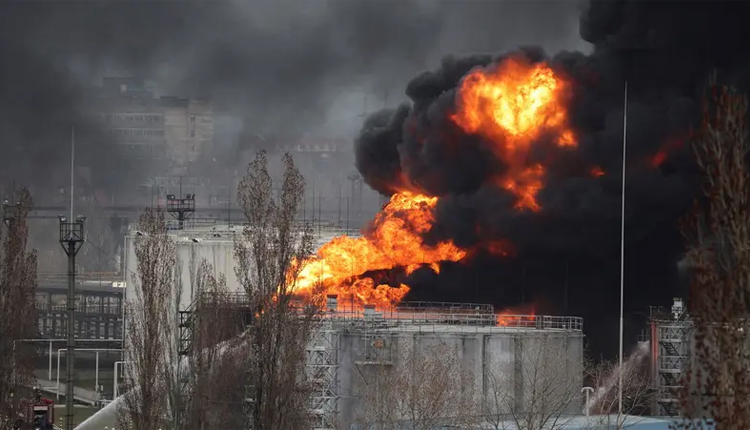The lower house of the Russian parliament approved a bill on Wednesday aimed at increasing income taxes for wealthy individuals, a move intended to bolster government finances amid ongoing conflicts in Ukraine.
The legislation, passed in its final reading by the State Duma, awaits endorsement from the upper house and President Vladimir Putin before becoming law.
This bill represents a significant departure from Russia’s flat-rate tax system, which was introduced in 2001 and had been praised for improving tax collection.
Under the new bill, a progressive tax on personal income would be implemented. Individuals earning up to 2.4 million rubles ($27,500) annually would pay a 13 per cent tax. Income exceeding this threshold would be subject to higher rates, with a maximum of 22 per cent for incomes over 50 million rubles ($573,000).
President Putin has indicated that this tax adjustment would affect only about 3.2 per cent of Russian taxpayers. Additionally, the bill proposes raising the corporate income tax rate from 20 per cent to 25 per cent. It is projected that these tax reforms could generate an additional 2.6 trillion rubles ($29 billion) in federal revenue by 2025.
The introduction of a 13 per cent flat tax swiftly followed Putin’s initial election in 2000, aimed at combating widespread tax evasion and increasing state revenue. In 2021, adjustments were made to this system, requiring individuals earning over 5 million rubles annually to pay 15 per cent.
Attribution: Associated Press (AP)


